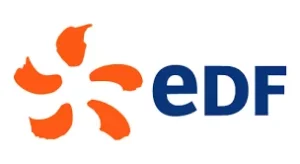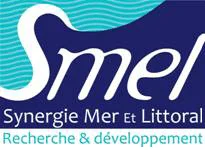In the marine environment, infrastructures and equipment are particularly vulnerable to biofouling, which includes both micro- and macrofouling. This affects many maritime sectors such as naval industries, offshore renewable energy (ORE), ports, aquaculture, desalination plants, and cooling systems.
Current antifouling solutions often rely on coatings that release toxic active substances or involve chemical treatments, raising significant environmental concerns. Growing public awareness and stricter environmental regulations are pushing industries to seek more eco-friendly alternatives.
While laboratory and in situ tests exist to evaluate antifouling strategies, they often lack the standardization required by industry.
To address this gap, CORRODYS, SMEL, BOREA (now MERSEA- Université de Caen Normandie), EDF, and Naval Group launched the BIOSTEM project in 2022 (BIOfouling Standardized Testing for Materials). Over a 3-year period, the project aims to develop a stable, reference biofouling consortium under controlled conditions, enabling the creation of innovative and standardized biofouling test protocols.
Co-funded by the Normandie Region, BIOSTEM is a crucial step toward establishing standardized biocolonization testing methods. These will support the development of more environmentally friendly materials and solutions for the marine environment, while ensuring infrastructure durability.





